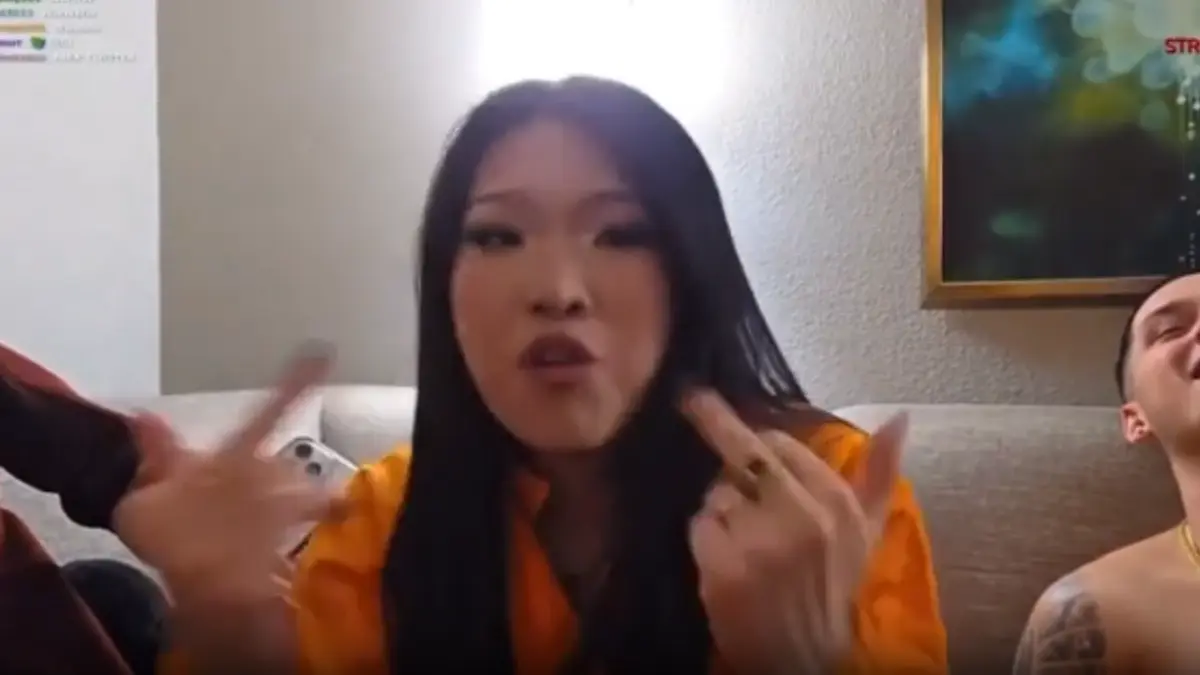Twitch streamer Nina recently returned to the platform after serving a suspension. A clip from her stream shows her calling the disciplinary action “vacation jail” and saying it felt very mild.
The casual framing suggests Nina viewed the time away from Twitch more as a brief break than a serious consequence. She appeared unbothered by the penalty during the discussion with her audience.
Nina received a one-day suspension from Twitch for the Said incident on October 24, 2025, and was reinstated within 24 hours. During a stream discussing the ban, she casually referred to it as “vacation jail,” suggesting she viewed the penalty more as a brief break than a serious consequence.
She appeared unbothered by the suspension while talking to her audience. Five days later, on October 30, 2025, Twitch banned her again after DisguisedToast publicly described an incident where Nina allegedly touched him inappropriately during a massage session at Ludwig’s 2025 Streamer Games.
Twitch uses a tiered enforcement system that includes warnings, temporary suspensions ranging from one–30 days, and permanent bans for severe or repeated violations. The platform’s guidelines cover everything from harassment and hateful conduct to sexual content and community standards breaches.
The vacation problem
This attitude fuels ongoing debates about whether Twitch’s enforcement actually deters rule-breaking behavior. Critics argue that when suspensions feel inconsequential to creators, they fail as a moderation tool.
Nina’s “vacation jail” comment fits squarely into this pattern. Whether the suspension was objectively mild or Nina simply chose to frame it that way, her public dismissal of the penalty highlights a tension in how platform discipline is perceived versus how it’s intended to function.

